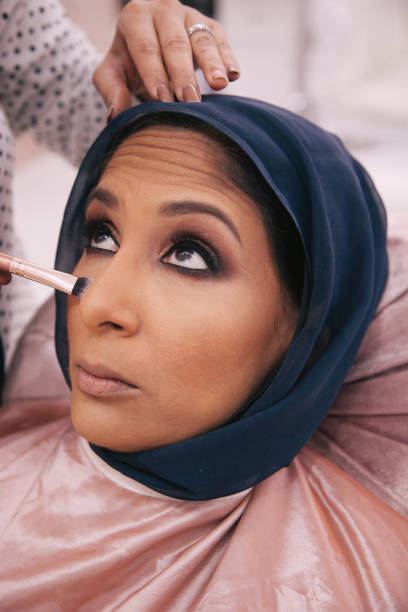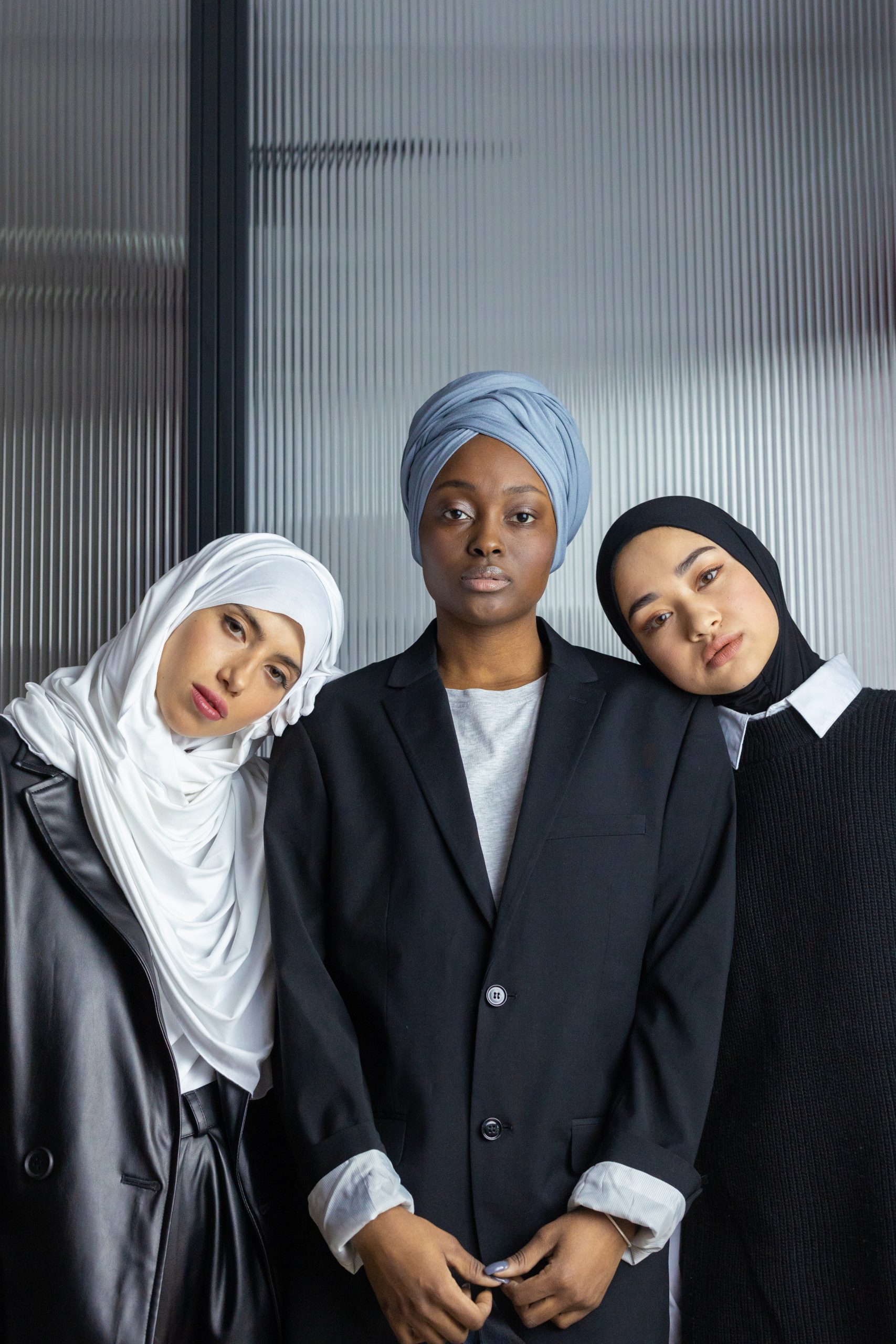“The Issue” is TMWT’s exploration of what Muslim women experience and the nuances that shape them. In this instalment, 2 Muslim Women Talk About Their Experiences with Financial Abuse. **The names of the women in this essay have been changed**
Like any other form of abuse, financial abuse is experienced alongside other forms of domestic abuse, leaving women with no money for basic essentials such as food, clothing and medical expenses and without access to their own bank accounts. Many women are left with little or no access to an independent income and with debts that have been built up by abusive partners. Even when a survivor has left the home, financial control can still be exerted by the abuser with regard to child maintenance.
According to The Domestic Abuse Report 2019: The Economics of Abuse, it was found that out of 72 survivors interviewed, 31.9% had no access to money during the relationship and were controlled by their perpetrators. A quarter of respondents said that their partner did not let them have money for essentials during the relationship. A third of respondents had to leave the relationship or give up their home as a result of the abuse. nine out of which found themselves homeless as a result of leaving.
In Islam, women have the right to financial independence. They are entitled to receive marital gifts, to keep present and future properties and income for their own security. They are entitled to work and earn as they please and no married woman is required to spend a penny from her property and income on the household.
In reality, however, many Muslim women are deprived of this right and left to live a life of misery and poverty. To understand how this plays out in Muslim communities, TMWT spoke with two Muslim women from different backgrounds regarding their experiences with financial abuse and here’s what they had to say:
Faiza Barkatullah, 26, Arab – Based in the United Kingdom
TMWT: What was your experience with financial abuse?
Faiza Barkatullah: I experienced financial abuse from my father. He was and still is an abusive man in many ways, even though he is capable of love and is a very convoluted complex character. My father had a strange attachment to money and was very reluctant to spend it. Being an Arab Muslim man, he used religion to imbue a divine rule to worship the father figure in the house, commanding unquestioned obedience to him from all members of the family. As such, I had very little agency to make decisions for myself, one of which was spending money.
He was very keen for us to get an education in terms of certificates but not in terms of personal growth. He insisted that we should get high-paying jobs as he associated money with success. So even though I was earning money, I could not spend it without his permission. I could spend on little things that didn’t need to be mentioned, like paying for my travel card or shampoo, but I needed his explicit permission to purchase other things like a laptop or headphones, or anything else, many of which he did not grant. He would question and manipulate me for hours to make me believe that I was in the wrong for asking.
He had a spreadsheet with all the family’s bank details and passwords and would enter our online accounts to check our banking activities. When eventually I could no longer tolerate living with my father. I left. He thereafter used my bank activity to trace me and followed me in the streets. It took me 3 months after leaving home to have the strength to change my bank details.
My mother had it much worse. As his daughter, I had the privilege of keeping my money as my father wanted his daughters to have financial security. But he would take my mother’s money in the name of “teamwork”. In the earlier days of his marriage, he would take my mother’s savings and misuse it for his business ideas without her permission. He would also force my mother to return items she bought with her own money. When she fell pregnant for the first time, he made her stop working and did not support her to progress in her profession. He would ridicule my mother for spending money on herself and make her return items, even a toilet seat because she dared to buy it without his knowledge. A lot of it was about power.
TMWT: Did you report it? And when did you become comfortable enough to talk about it?
Faiza Barkatullah: I did not report it while living under his roof, because I was not aware that it was abuse. It was not something I thought I could report because his physical abuse and psychological hold had had a greater impact on me. When I left home and gained perspective, I reported to several imams, reaching out for help and I was undeniably ignored. I am very upset and angry with the general Muslim community for not supporting women who make complaints about their fathers, I was treated as some runaway teenager who was incapable of judgement, rather than as a grown woman who had sense and understanding.
I also did not know of any agencies that were not white to make a report to because it was about my father and I did not want to bring down consequences and more trauma to my family than had already happened. A liaising agency, compassionate and kind to both sides would have been better but I did not know any. And now my trust in the Islamic community has been fractured very severely to the extent that I have lost all trust in their figures of authority.
Hidaya Bello, 53, Nigerian – Based in Nigeria
TMWT: What was your experience with financial abuse?
Hidaya Bello: My experience with financial abuse started as soon as I got married and had my first baby. I was 24 at the time. When it started, I reported to my husband’s half-brother who forwarded my complaint to my husband. But to my greatest surprise, I overheard my husband telling his half-brother that, since I was working, he would not be responsible for the upkeep of our home and that if I was not satisfied with the arrangement, I should take my leave. I was a young wife at the time and divorced women were extremely stigmatised in my community. I concluded rather erroneously within me that I will not commence my life jumping from one man to another. I started feeding the entire family in 1992, including his first two children from his ex-wife who unknown to me had left him on account of his irresponsibility.
I had four children by him, fed everybody, paid my children’s school fees from creche to secondary school. When my first child gained admission into the University, she pointed out to him that he had not been responsible for their schooling and thereafter, he started paying part of the school fees. At the time, he used to ask for my share of the house rent. I worked 24\7 to pick and pay my personal bills including medicals.
He also actively prevented me from investing my money in assets. He became very hostile when I purchased a piece of land upon which to build a house and his family became hostile to me as a result.
TMWT: Did you report it? And when did you become comfortable enough to talk about it?
Hidaya Bello: I didn’t report it except once. and it was to his half brother in the early days of our marriage. I eventually discovered that 90 per cent of his friends were equally financially abusive to their wives. I couldn’t report to the Muslim community because he was a respectable figure in the community and unknown to me, despite my silence over the financial abuse, he had gone to the community mosque on several occasions to tell lies and fabricate stories of how he handles all the finances in our home. I eventually found the courage to open up about it after I divorced him at the point of death. But despite the fact that I make a monthly contribution to the Muslim community, I was met with hostility after divorcing my husband. I have since stopped attending prayers and mosque events in the community. I prefer to worship my Lord in my home. Right now, even after divorce, I still feel financially trapped.





